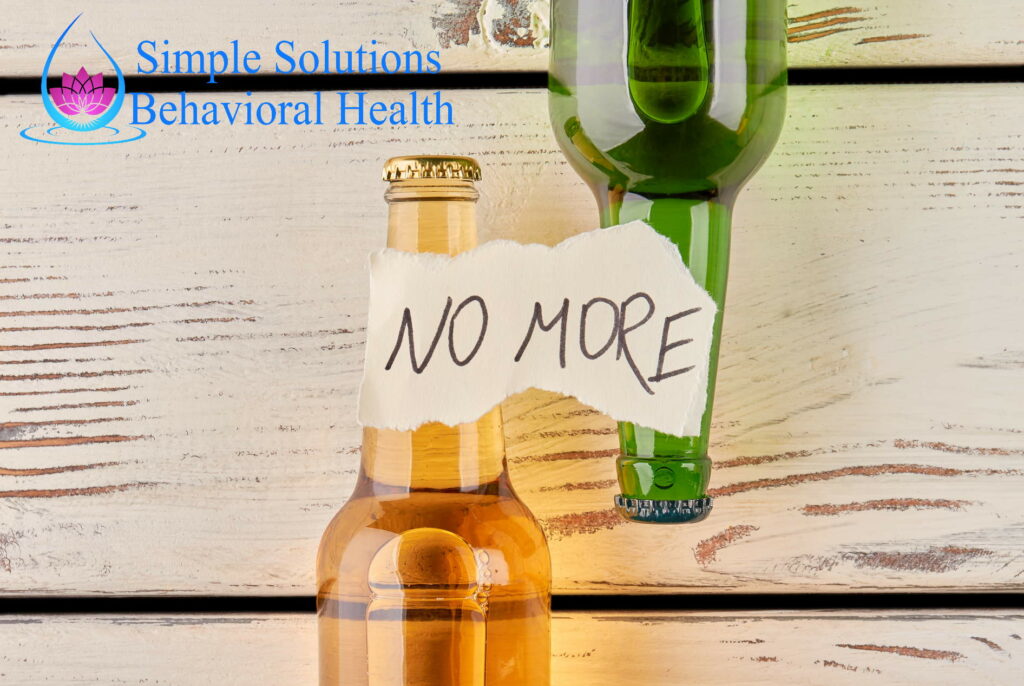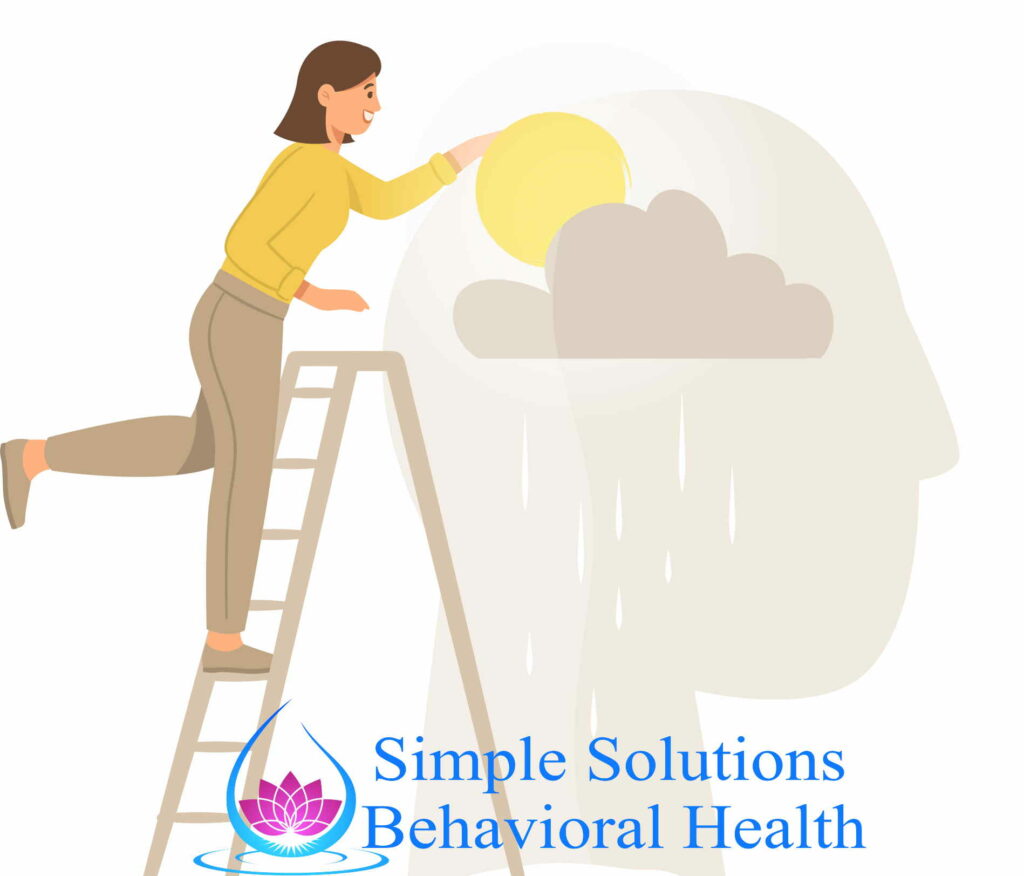Relapse in substance abuse recovery can occur for various reasons, and it’s important to address these factors to prevent setbacks in the recovery process. Here are some common reasons for substance abuse recovery relapse:
- Triggers and cravings: Environmental cues, stressful situations, emotional distress, or exposure to substances can trigger intense cravings, leading to relapse.
- Lack of a support system: A strong support system plays a vital role in recovery. If individuals don’t have a solid network of supportive family, friends, or recovery groups, they may feel isolated and vulnerable to relapse.
- Emotional and mental health issues: Underlying emotional or mental health disorders such as depression, anxiety, or unresolved trauma can contribute to relapse. If these issues are not adequately addressed, individuals may turn to substances to cope.
- Overconfidence and complacency: Sometimes, individuals may become overconfident in their recovery and believe they have control over their substance use. This mindset can lead to complacency, making them more susceptible to relapse.
- Poor coping skills: If individuals lack effective coping mechanisms to deal with stress, negative emotions, or challenging situations, they may resort to substance use as a way to manage their difficulties.
- Social pressure and influence: Peer pressure, being around friends or acquaintances who use substances, or engaging in social activities where substance use is prevalent can greatly influence individuals and increase the risk of relapse.
- Stigma and shame: Feelings of guilt, shame, or societal stigma associated with addiction can be overwhelming. If individuals are unable to cope with these emotions, they may turn to substances to numb their pain or escape reality.
- Unrealistic expectations: Unrealistic expectations about the recovery process, such as expecting immediate results or a smooth journey without setbacks, can lead to frustration and disappointment. This may increase the likelihood of relapse.
- Lack of proper aftercare: After completing a formal treatment program, individuals may require ongoing support and aftercare services to maintain their recovery. Without proper aftercare, such as counseling, therapy, or attending support groups, the risk of relapse may be higher.
- Physical discomfort or pain: Chronic pain or physical discomfort, if not adequately managed, can be a significant factor in relapse. Individuals may turn to substances for temporary relief from their physical symptoms.
It’s essential to remember that relapse is not a sign of failure but rather an opportunity to learn and strengthen one’s recovery journey. By identifying these potential triggers and challenges, individuals can take proactive steps to prevent relapse and seek the necessary support when needed.




